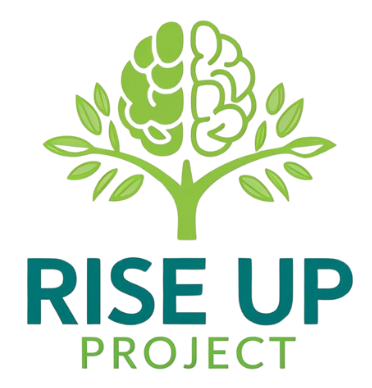-

Higher education institutions are uniquely positioned to lead the transition towards a more sustainable and resilient society. Educators, as facilitators of knowledge and critical thinking, are central to this transformation. Educators play a pivotal role in guiding students towards sustainable practices and fostering socio-ecological transformation. By integrating sustainability into curricula and promoting interdisciplinary learning, educators…
-

The emotional impact of learning about climate change can be profound, leading to feelings of helplessness and distress among students. Trauma-informed teaching approaches acknowledge these emotional responses and provide supportive learning environments. Implementing trauma-informed teaching strategies can help students process climate-related stress and foster resilience. Trauma-informed climate education involves creating safe spaces where students can…
-

Traditional climate education often focuses on the scientific aspects of environmental issues. However, to foster meaningful change, education must also address the emotional and psychological dimensions, equipping students with the skills to navigate and respond to climate challenges. Transformative climate education empowers students to become proactive agents of change in addressing environmental challenges. The GreenComp…
-

As the realities of climate change become more apparent, university students are experiencing heightened levels of anxiety related to environmental concerns. This emotional response, known as climate anxiety, can influence students‘ well-being and their engagement with academic and social activities. Climate anxiety is increasingly affecting university students, impacting their mental health and academic performance. Climate…
